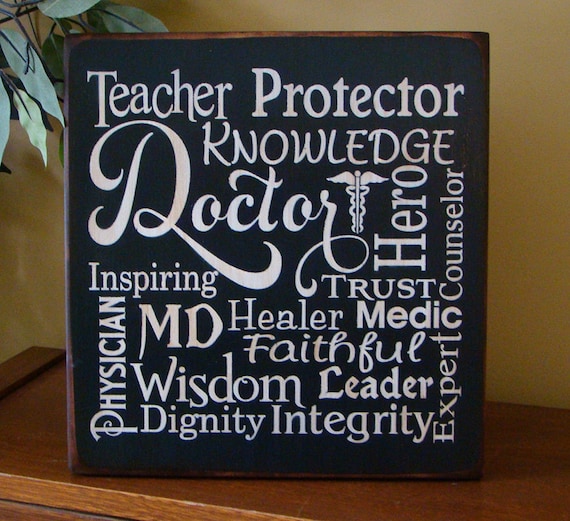 A little bit of a swirl around a decade-old paper by @iona_heath on the trouble with turning a patient’s experience into something that might require medically fixing that was floated about twitter recently.
A little bit of a swirl around a decade-old paper by @iona_heath on the trouble with turning a patient’s experience into something that might require medically fixing that was floated about twitter recently.
The paper, which is densely written and has lots of lovely quotes from proper writers, and speak of many aspects of doctoring, holds to a thesis that the truth of the patient’s condition is their living of it, and as doctors, we mould and warp and misrepresent it to fit into a diagnosis, reject a diagnosis, or hold as an uncertainty.
It says of the process of evidence-based medicine:
Of course it is essential that we seek to base our practice on the current state of scientific knowledge and unless we do this we betray our patients’ trust and become quacks and charlatans. But we are bombarded by guidelines, which … present medicine as an endeavour that is simple and straightforward. They offer the illusion that each situation can be precisely defined so that the appropriate treatment can be given and the best outcome for the patient and society guaranteed. …
The complexity lies in the relationship between the population and the individual
Which is a superb description of practicing EBM that we’ve been banging on about since Archimedes was first born, just after the turn of the Millennium. Guidelines guide. To see more is illusory. EBM is tripartite.
We need to know good science from bad.
Wisdom enough to leech us of our ill
Is daily spun; but there exists no loom
To weave it into fabric; undefiled
(Upon This Age, Edna St. Vincent Millay)
We need excellent clinical skills, so that the subtle illness of the seriously unwell child is not lost.
“She wasn’t bouncy, she was very quiet, she seemed to be in pain actually, she was moaning, and she looked slightly swollen, her face was rounder than it should have been”
(Clarke et al. BMJ Open 2014;4:e004640)
And we also need to know that we really need to listen to what the patients and their families bring to us, what they want from us, and supply what we can by answering – not always fulfilling – those requests. The quote Heath brings from George Steiner sums it up beautifully:
“the two validating wonders of mortal existence are love and the future tense”
(Steiner G. Errata: an examined life, quoted by Heath)
– Archi